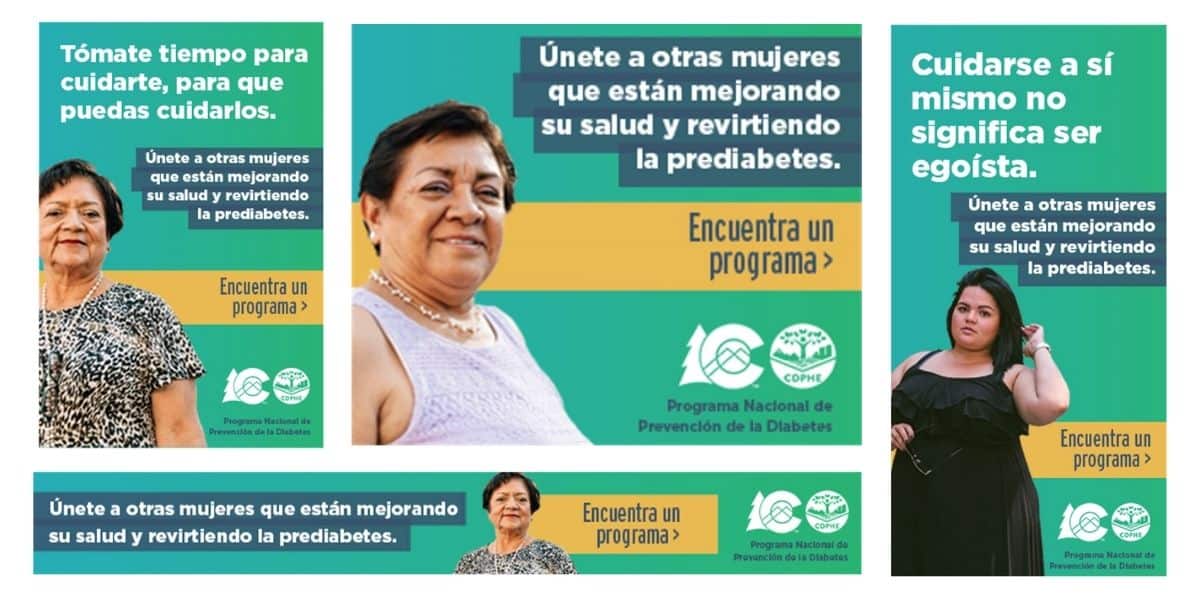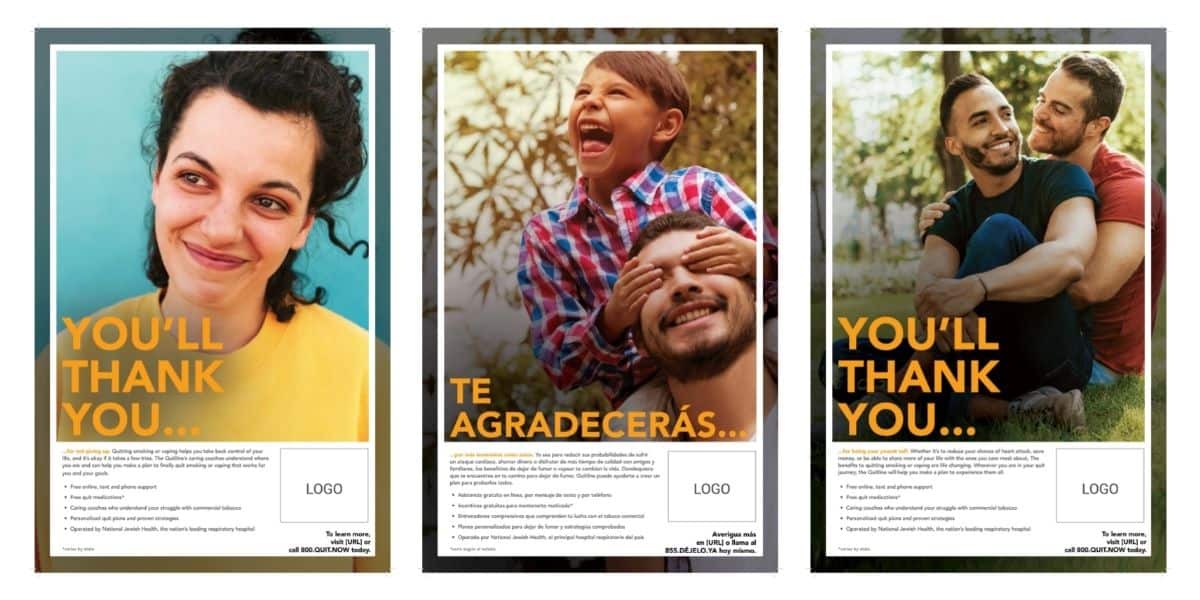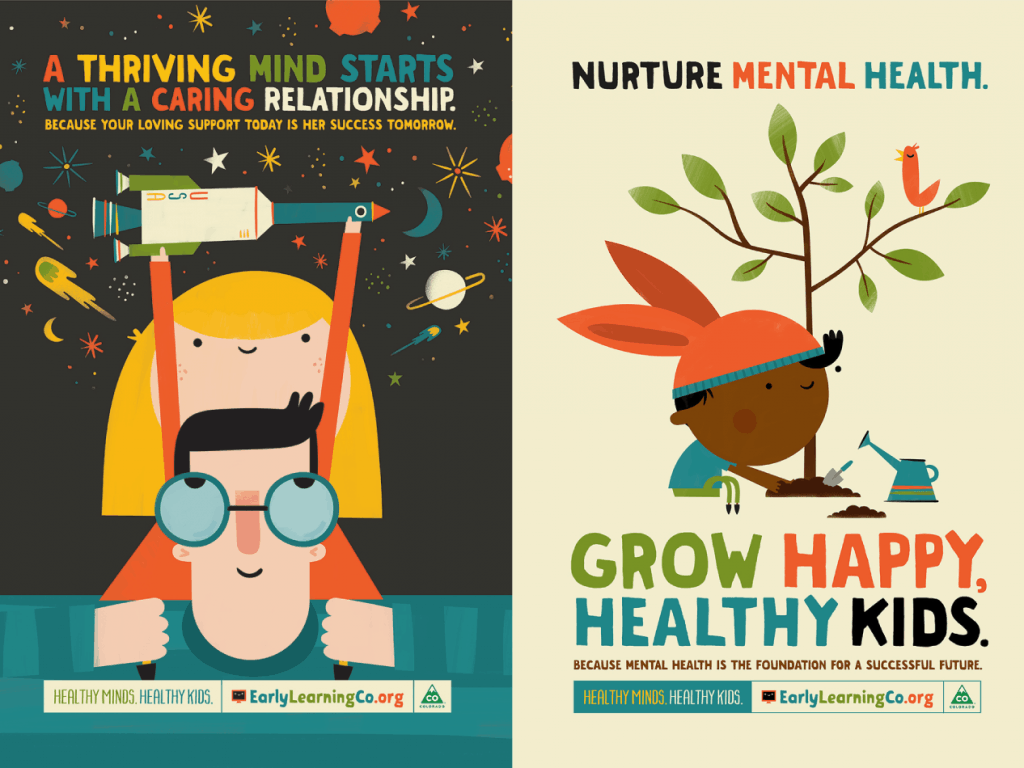
Credit: THCPhotos.org
In early September, the Food and Drug Administration faced a deadline. It was due to respond to applications from e-cigarette brands on whether they could remain in the U.S. market. Though the FDA had already denied applications for tens of thousands of vape products, regulators said they needed more time to decide the fate of big, tobacco industry-backed e-cigarette brands like Vuse and Juul. To stay on the market, they needed to demonstrate that their products helped adults quit smoking and didn’t appeal to underage teens who could become new nicotine addicts.
A little over a month later, the FDA recognized the first e-cigarette product to do just that: the Vuse Solo Power e-cigarette and its tobacco-flavored nicotine cartridges. The FDA’s authorization marks an important first for the industry, although the decision was sharply criticized by public health advocates. The fate of Juul, which has been condemned for driving the youth vaping epidemic, remains undecided.
Juul and other vape brands invited this scrutiny because they flouted ethical practices in marketing, causing teen e-cigarette usage to skyrocket. Even those outside of the market should follow e-cigarette regulation news. History has a funny way of repeating itself, after all. If they’re not careful, marijuana businesses could find themselves in the hot seat next.
What’s Next for Cannabis?
The legal marijuana market is having a moment. Much like e-cigarettes were on an upward trajectory five years ago, the marijuana business is booming. Increased legalization means it might be worth more than $70 billion globally in just seven years.
The question is: When will the other shoe drop? If the marijuana industry prioritizes ethical practices in marketing over short-term profits, marijuana businesses won’t have to face the same fall from grace as Juul.
Juul’s early ads were packed with young models having fun while vaping. Though executives tried to argue that their products were for adult use only, the advertising spoke for itself. On top of clearly appealing to youth in advertisements, Juul and other e-cigarette brands sold numerous sweet-flavored products, which naturally appealed to minors and nonsmokers.
It’s important to note that the FDA’s recent Vuse authorization applies only to tobacco-flavored e-cigarette cartridges. In fact, it rejected other requests for flavored products from Vuse. By allowing tobacco-flavored products only, the FDA is sending a message: These products aren’t candy; they’re tools for smoking cessation.
Practicing Ethical Marijuana Advertising
The cannabis industry’s products can be responsibly used by adults. However, the lines become blurred in the case of cannabis-infused chocolates and other candies. We’ve seen increased reports of children accidentally ingesting THC-laced products.
Marijuana businesses need to address this problem and clarify what their products are and are not used for — and stop selling products that are too easy to mistake as kid-safe. If sweet or fruity flavors are wrong for nicotine, they’re also wrong for THC vape products. If marketing that reaches and influences youth is wrong for Juul, it’s wrong for marijuana companies, too.
Visionary leaders must step up to set a high bar for this market and avoid the lessons that e-cigarette brands had to learn the hard way.

About the Author:
Eric Anderson (he/him) began his career as a newspaper reporter in Washington, D.C., Hong Kong, and Denver before co-founding SE2 in 1998. He has helped guide marketing and communications campaigns on some of the era’s most pressing issues, from public health to education to the environment. He lives in Englewood, Colorado with his wife, Amber. Together they have four adult children, two dogs, and one cat.





